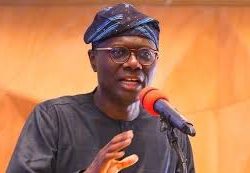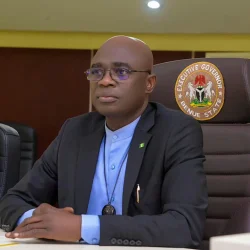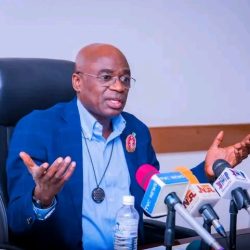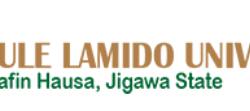Attaining the rank of full Professor in the Nigerian university system is metaphorically like a camel through the eye of the needle.
The process is one of the most stringent in Africa and when global comparisons are made, the minimum standards are comparable to what obtains in older university systems in Europe and North America.
The first level qualification is to have a doctorate degree in the area of specialization.

For medical scientists, a recognised professional Fellowship is generally accepted although in a few years’ time, insistence on a doctorate degree in the special area of medicine will be the acceptable minimum.
The second filter is to have put in at least three years of teaching (in a university or other tertiary-level institution), research and community service at each level of lectureship.
There are four such levels:
Lecturer Grade 2,
Lecturer Grade 1,
Senior Lecturer
and Associate Professor
Hence, before being considered for promotion or appointment to the rank of full Professor, the academic/scholar would have put in a minimum of twelve years of university teaching and research.
The third and about the most important filter is the assessment of scholarship.
This involves evaluation of the published works of the full Professorial candidate by seasoned (senior) full Professors in the field of the candidate.
Typically, a minimum of 60 internationally-published works (about 80% being articles in high-impact international journals) will qualify a candidate to receive a positive assessment.
At least one of the assessors is expected to be from a well-ranked university outside Nigeria, preferably from Europe or North America.
At least two positive assessments will qualify the candidate for the final step which is screening via a rigorous oral interview.
The interview is a composite assessment of the candidate on teaching (length and quality) research (scores returned by the external assessors) and community service (internal and external).
With an overall score exceeding a set minimum by the university, the candidate is then processed to the University Council for appointment.
The variations from one university to another in Nigeria are marginal although the older universities would appear to pitch higher than these minimum earlier stated.
















